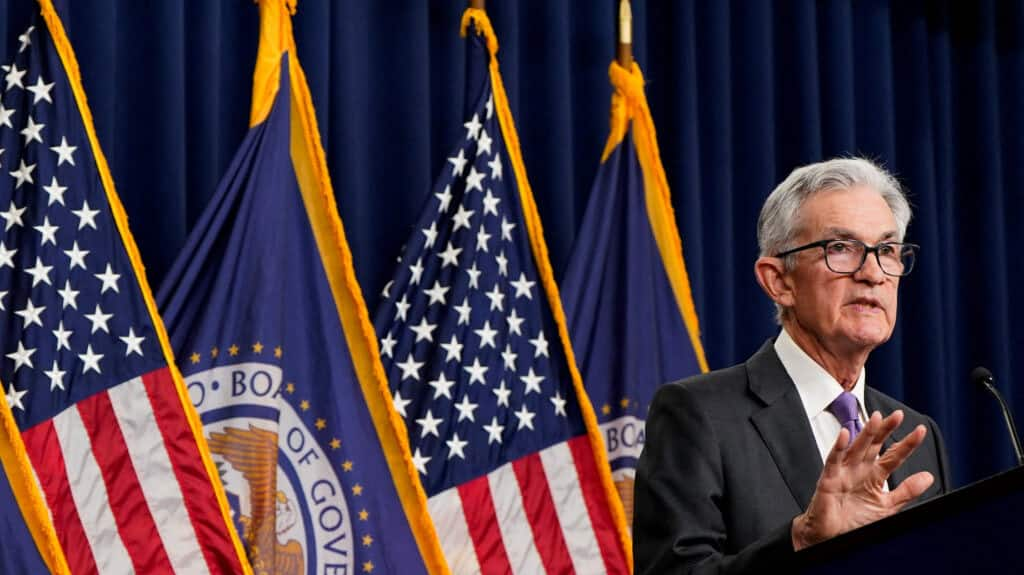
How Fed's first rate cut in years affects global economy
What's the story
The US Federal Reserve has declared a significant reduction in its principal lending rate, marking the first such move since the COVID-19 pandemic.
The decision, which was supported by an 11-to-1 vote, sees the benchmark lending rate drop by half a percentage point (0.5%).
This adjustment positions the new rate within a range of 4.75% to 5.00%, as per an official statement from the Fed.
Future reductions
Further rate cuts anticipated by year-end and in 2025
The Federal Reserve has also indicated plans for additional rate cuts in the near future.
An extra half-point reduction is expected before the end of this year, followed by a further one percentage point cut in 2025.
These proposed changes are part of the Fed's strategy to manage borrowing costs for consumers and businesses.
Economic effects
Impact of rate cut on commercial lending and inflation
The Fed's decision is set to influence the rates at which commercial banks lend to consumers and businesses.
This could potentially lower the cost of borrowing for various financial products including mortgages and credit cards.
The Fed's rate-setting committee expressed increased confidence that inflation is steadily approaching its 2% target, stating that "the risks to achieving its employment and inflation goals are roughly in balance."
Impact on global markets
Stock markets likely to experience short-term boost
Following Fed's rate cut, a short-term boost for stock markets is likely. Lower interest rates can make stocks more attractive compared to fixed-income investments like bonds, leading to increased investor demand and potentially higher stock prices.
Emerging markets may also benefit. Lower interest rates in the US might lead to a shift in investment focus toward emerging markets seeking higher returns.
Businesses, especially those reliant on borrowing for expansion or investment, are expected benefit from lower interest rates.
Indian market
Nifty, Sensex surge following Fed's rate cut move
Sensex and Nifty hit record highs on Thursday, driven by gains in information technology stocks, following the Federal Reserve's decision to cut interest rates by 50 basis points.
All 13 major sectors recorded gains, with broader, more domestically focused small- and mid-caps rising about 0.6% each. The Nifty Bank index surpassed 53,000 for the first time.
The significant rate cut has the potential to propel equity markets into a consolidation phase with an upward bias, as per market experts.
Projections
Fed's updated economic forecasts post-rate cut
Alongside its rate decision, the Federal Reserve released updated economic forecasts.
Policymakers' median predictions suggest an average unemployment rate of 4.4% in Q4 of this year, a slight increase from June's forecast of 4.0%.
The annual headline inflation rate is projected at 2.3%, marginally lower than June's figure.
These projections provide insight into the potential economic landscape following the Fed's rate cut announcement.